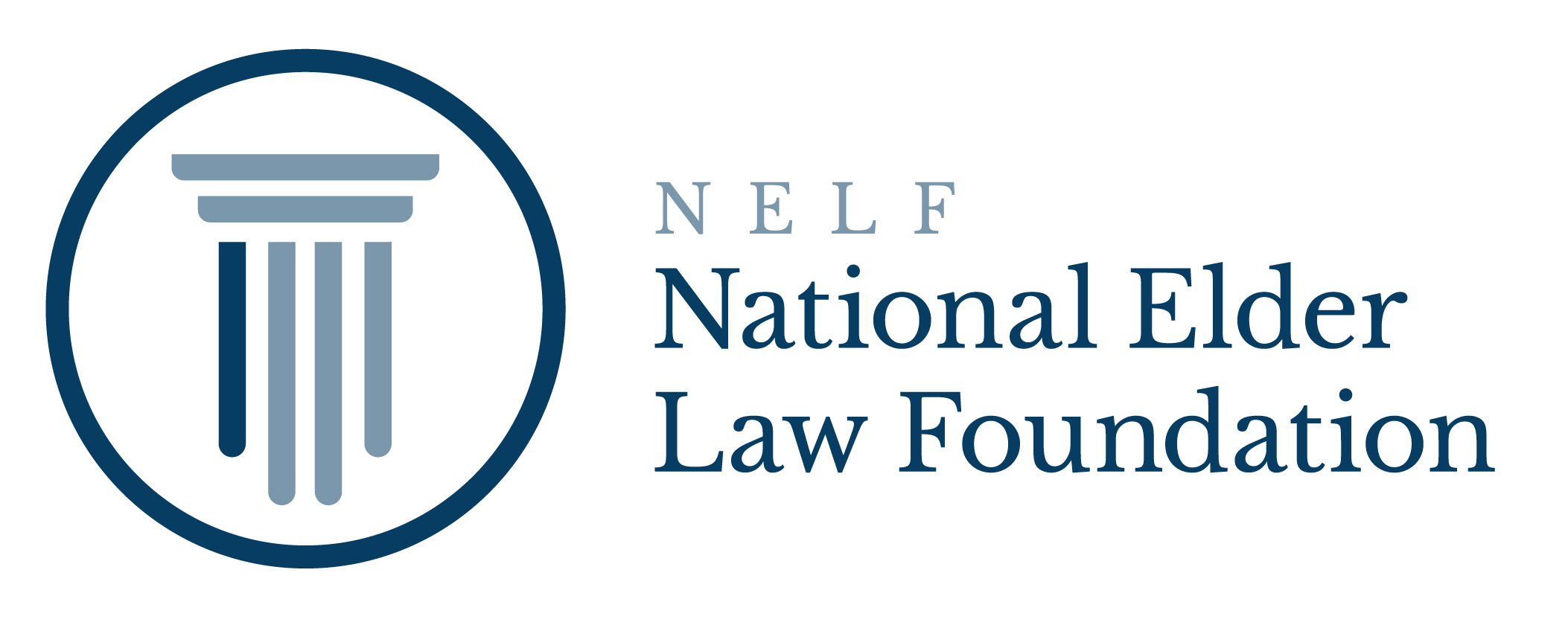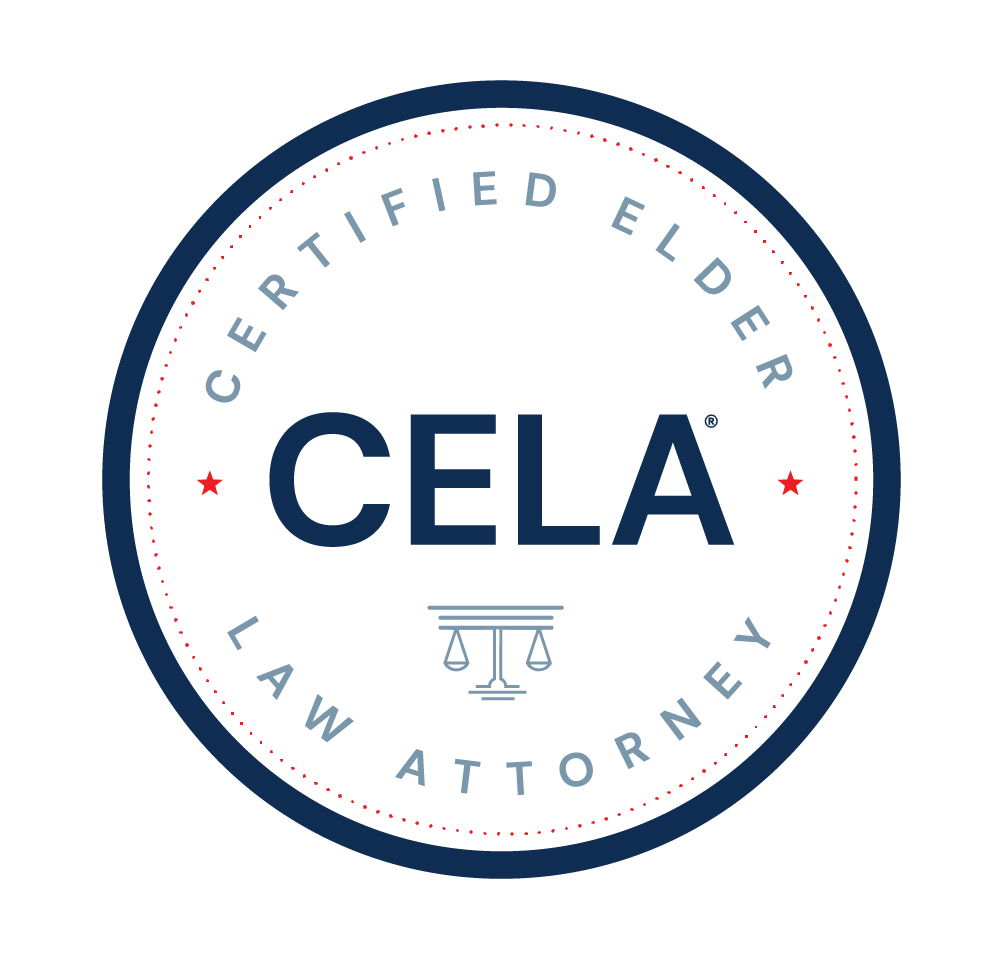The Steps to Estate Planning

Estate planning is about providing valuable certainty for you and your family. It can also decrease the risk of familial disputes after you are gone. According to a recent survey, one-third of respondents report experiencing family disputes related to a relative not having an estate plan.
If you are considering an estate plan, here are a few steps to get you started.
Inventory Your Assets
When developing an estate plan, the first thing to do is to take a detailed inventory of your assets. This will include all bank and brokerage accounts, vehicles, valuable personal items, real estate and retirement accounts, among other things. You will also want to make a note of any life insurance policies you have. Finally, business owners should include their business interests in this list as well. At this point, it is okay to estimate the value of your assets if you do not have outside appraisals.
You will also want to consider your liabilities, including mortgages and other loans, credit card debt, and student loans. Once you gather all your assets and liabilities, it will give you an idea of the approximate value of your estate. This will guide you in future steps.
Consider Family Needs

Think About Your Family’s Ongoing Needs
Every family is different. Some have extensive financial needs, while others’ needs are more modest. It is important that you take a moment to think about what your family members will need to continue their way of life once you are gone. For example, should you consider purchasing a life insurance policy to provide your loved ones with additional money? Do you need to arrange for the guardianship of a minor child or adult child with special needs? If so, you will want to document your wishes regarding how your children are brought up. If you do not take steps to address these issues now, it will ultimately be left up to a judge to decide.
Review Named Beneficiaries
Naming beneficiaries on all accounts that allow you to do so is important. When you name a beneficiary, they will automatically take ownership of any assets in the corresponding account upon your death. This prevents the need for those assets from going through the probate process, which can be both time-consuming and expensive. According to some recent estimates, the cost of probate can eat up nearly 10 percent of an estate’s value. However, it is important to review your beneficiaries every few years to ensure that they are current and still reflective of your wishes.
Consider Advance Directives

An advance directive is a tool that can be used to retain an element of control when you are either incapacitated or after you are gone. For example, a trust allows you to exercise control over how the assets in your estate are used after you die. For example, do you want to leave money to your children but have concerns about giving them a one-time lump sum inheritance? If so, a spendthrift trust may be the answer.
Advance directives are also used to outline your healthcare-related wishes if you are incapacitated and cannot make your own decision. For example, a living will sets forth the type and extent of medical treatment you want doctors to provide if you are unable to communicate your wishes. And a power of attorney document gives another person the authority to make crucial decisions on your behalf. These documents are critical elements of any estate plan. Despite this, recent surveys reveal that just 41 percent of people have an end-of-life health directive in place.
Perform Regular Reviews

Review Estate Tax Laws
The federal government and many states have an estate tax or inheritance tax. This is a tax imposed by the government on any assets that are distributed from an estate. For example, in Pennsylvania, the inheritance tax rate depends on who is receiving the assets. Spouses pay no inheritance tax, while children pay 4.5 percent and siblings pay 12 percent. Depending on your family breakdown and how you want your assets distributed, you may be able to limit the impact of estate taxes through the use of certain estate planning tools.
Review Every Few Years, or as Circumstances Change
Once you have an estate plan on the books, you will want to review your plan with an attorney every few years or as your circumstances change. For example, if any of the following occurred since you last updated your estate plan, it is time to give it another look:
- You were married or divorced;
- You brought another child into your family;
- You moved or sold your primary home;
- You retired;
- You inherited a large sum of money;
- Your beneficiaries changed or passed away; or
- Your child got married or divorced.










